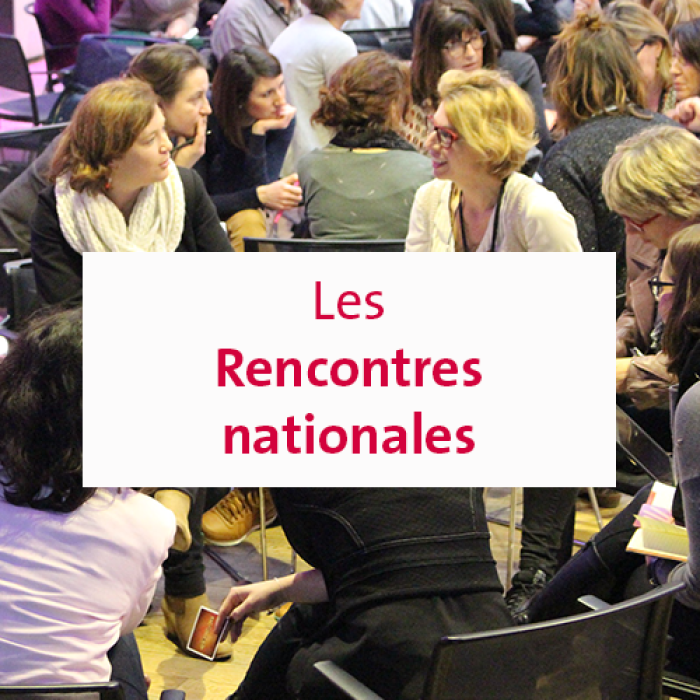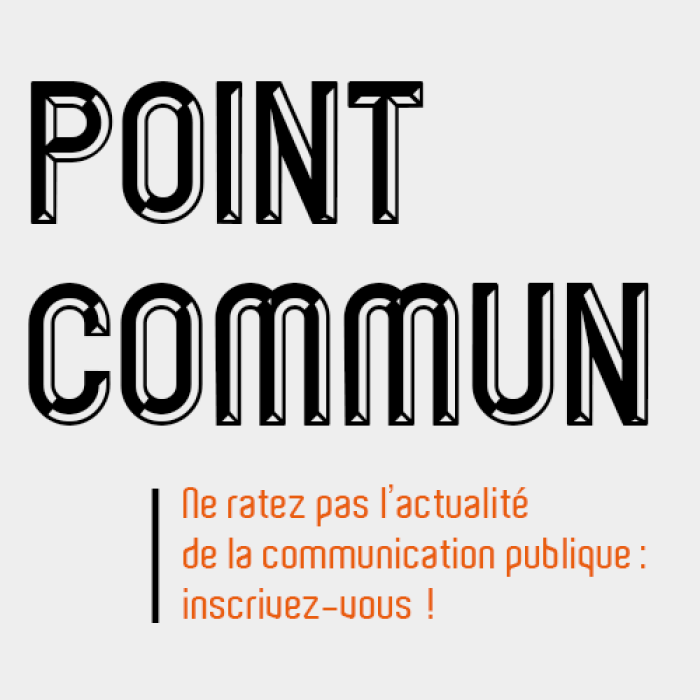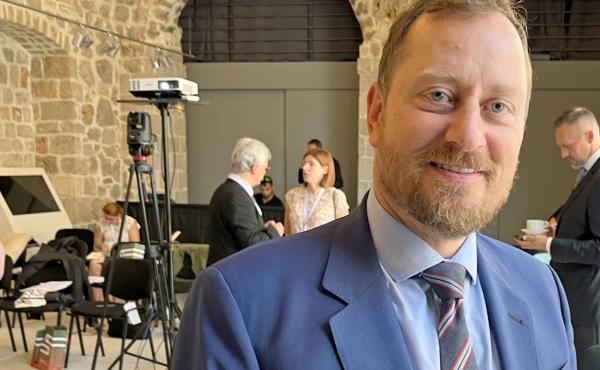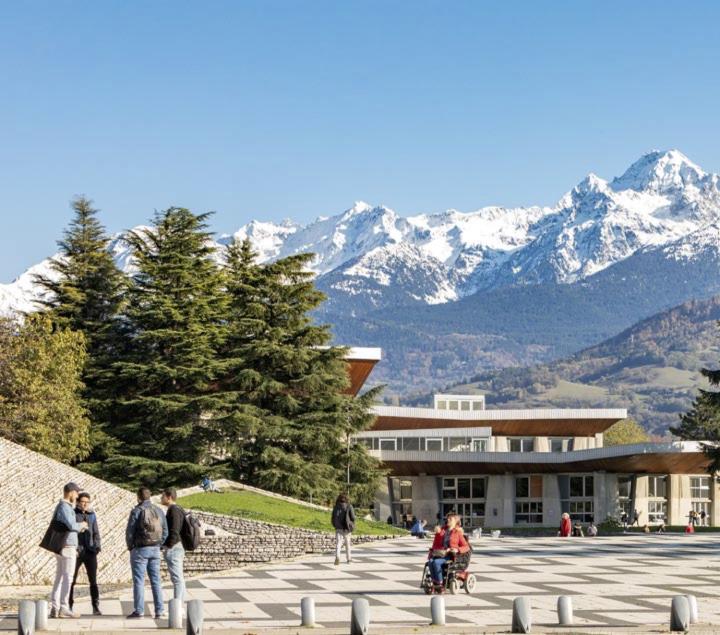
What kind of communication is required for European macro-regional strategies?
Is European action soluble in the regions? During the 2023 Dubrovnik seminar, Cap'Com, the French network for public territorial communication, focused on the case of Eusalp, one of these macro-regional strategies, and interviewed local players and the Communications Director of Grenoble-Alpes-Métropole, one of the cities involved. The results were mixed.
The Alpine region comprises areas with different demographic, social and economic trends, cultural and linguistic diversity and a wide variety of governance systems and traditions.
However, it also has many common characteristics. It is a place where over 80 million people live and work, but it also has landscapes, a wealth of biodiversity and a cultural heritage.
The three priorities of Eusalp
To achieve the overall goals of the strategy, three interdependent thematic objectives have been drawn up:
- fair access to employment opportunities, building on the region's strong competitiveness;
- a sustainable internal and external transport network;
- a more inclusive environmental framework and reliable renewable energy solutions for the future.
The Alpine region is a unique area, with great potential for renewal, yet it faces major challenges, including:
- economic globalisation, which is forcing the area to reinvent itself in order to be competitive and innovative, primarily by developing its information and knowledge technology sector;
- demographic trends, characterised in particular by the combined effects of ageing and new migration patterns;
- climate change and its foreseeable effects on the environment, biodiversity and the quality of life of local residents;
- the energy challenge at European and global level, which involves managing and satisfying energy demand in a sustainable, safe and cost-effective way;
- and its specific geographical position in Europe, as a transit region but also as an area with unique geographical and natural characteristics.
The Alpine macro-regional strategy offers the opportunity to improve cross-border cooperation in the Alpine states, as well as to identify common goals and implement them more effectively by means of transnational collaboration. This strategy builds on a long tradition of cooperation in the Alps, including the Grenoble "Political Resolution for an EU Strategy for the Alpine Region" of 18 October 2013. This is why we chose this city to evaluate Eusalp's communication this year, shortly before the forthcoming European elections.
The Commission prepared a Communication and Action Plan on the EU Strategy for the Alpine Region (EUSALP), which was adopted by the College of the Commission on 28 July 2015 (on 27 November 2015, the Strategy was approved by the Council of the European Union 9 and on 28 June 2016 by the Council of the EU).
What are the objectives?
The overall objective of the Eusalp strategy is to promote the sustainable economic and social prosperity of the Alpine region through growth and job creation, enhancing its attractiveness, competitiveness and connectivity, while preserving the environment and guaranteeing healthy and balanced ecosystems. It also aims to provide a coordinated response to issues that are best dealt with together rather than separately. Through this intermediate level of macro-regional action, Europe is clearly seeking to encourage participants to overcome the obstacles that prevent them from thinking more strategically and imaginatively about the opportunities available to them, to move beyond old divisions and to act with a new sense of belonging and a shared vision. As a consequence, this action gives new impetus to cooperation and investment for the benefit of everyone concerned: States, regions, civil society, stakeholders and, above all, European citizens. It will seek to add to existing cooperation structures rather than duplicate them.
Eusalp as seen from Grenoble
Eight years on, and after a number of initiatives were launched, with key events, conferences and studies, it was interesting to return to Grenoble to assess the impact of this strategy on the area and local communications. And our counterpart, Emmanuel Chion, Communications Director of Grenoble-Alpes-Métropole and a member of the Cap'Com Steering Committee, spoke to us about these issues from the point of view of communications for the area and its local authority; an operational perspective.
Commonality: What is your view of this macro-regional European strategy?
Emmanuel Chion: We're pleased to have launched the movement in 2013. These days, we're following it from a distance, bearing in mind that urban issues remain marginal at the level of this conference.
Commonality: How has this worked out in practice in your area?
Emmanuel Chion: We were proactive in the French presidency of Eusalp in 2021, bringing our own issues to the table, in particular the link between towns, valleys and mountains, with strong support from the French government in the post-Covid period.
Commonality: How did you communicate on this subject? Or relay information?
Emmanuel Chion: As these subjects are not very operational and somewhat remote from the point of view of local residents - who remain our primary targets from an institutional standpoint - our main focus has been on the partners involved, and in particular on getting local players, whether they be academics or associations, to talk to each other.
Commonality: How is the Eusalp strategy perceived by the inhabitants of Grenoble Alpes-Métropole?
Emmanuel Chion: In all honesty and in practical terms, they don't have a perception of it, because there is no concrete manifestation of these issues. What's more - and this is what our services tell me - the reality of the French Alps is significantly different from that of the Italian Alps, for example.
Commonality: How can this perception be improved?
Emmanuel Chion: It's undoubtedly important for this to manifest itself through clearer political embodiment and stronger regional mobilisation. Without this, it is difficult to address these issues, even though the reality of everyday life requires us to deal with the solutions that our local authorities need to provide for the very real problems relating to the quality of life of our residents in our areas, starting with housing and mobility. All of this against a backdrop of climate change that requires us to propose major reforms, while protecting the most vulnerable. As you can see, the realities of each of these areas are sometimes complex to reconcile.
Top picture : ©Grenoble-Alpes-Métropole
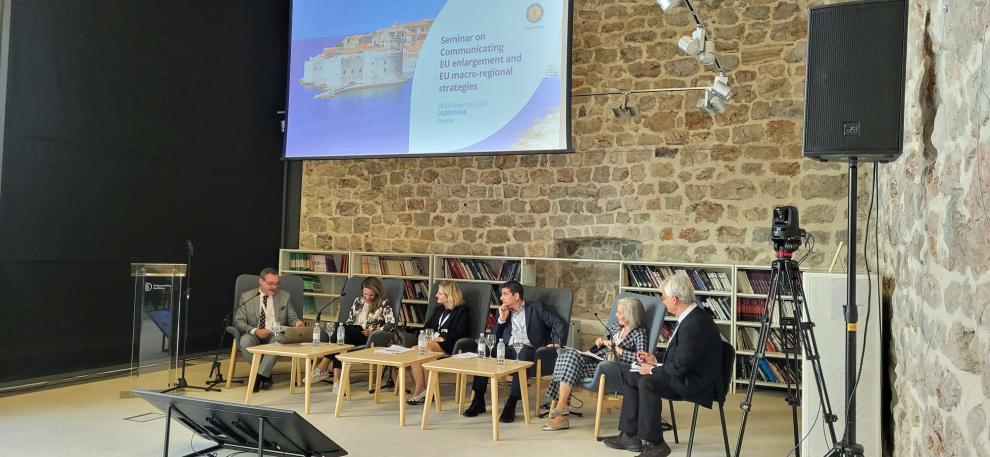
A look back at the Eusalp seminar
Cap'Com spoke on this topic at the seminar organised by the Club of Venice (a group of European government communicators, of which Cap'Com is an associate member) on the theme of the enlargement of the European Union and the EU's macro-regional strategies (Dubrovnik - Croatia - 28 and 29 September 2023). During these two days of discussions, the common objectives of the four macro-regional strategies were analysed. On the principles of the Catania and Grenoble declarations, an integrative approach was presented and ways of improving the effectiveness of institutional communications were proposed.

